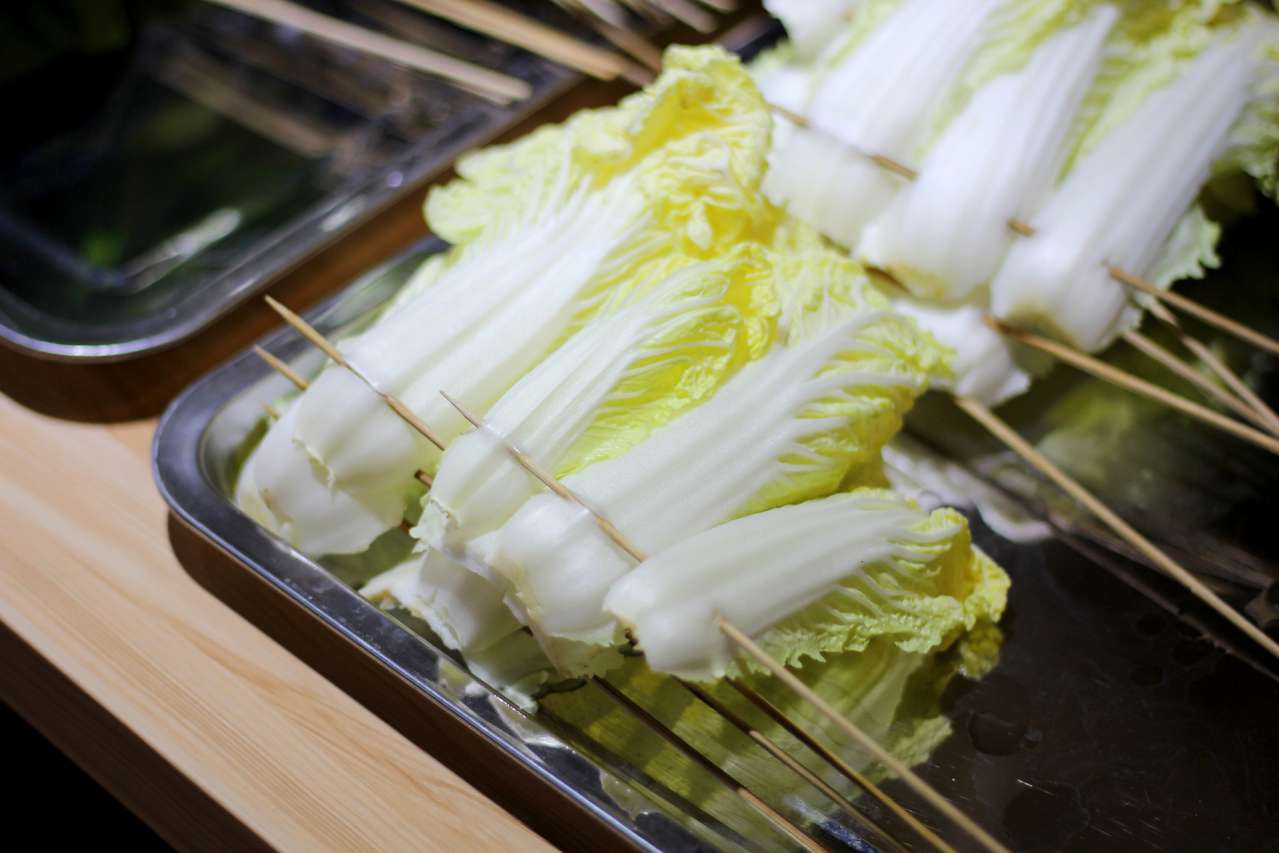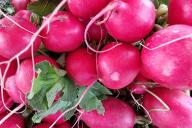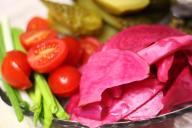The delicate taste of Beijing cabbage is something between the taste of white cabbage and the Romano salad. The leaves are juicy, crunchy, but not hard.
Most often, cabbage is eaten fresh as part of salads, snacks, sandwiches and sandwiches, vegetables and baked meat are served with it.
Vitamins in Beijing cabbage
It also contains proteins, carbohydrates, fats, fiber, organic acids, vitamins of group B and vitamins A, C, E, PP.
Beijing cabbage contains many trace elements - calcium, potassium, iron, sodium, magnesium, manganese, fluorine and phosphorus.
In the Beijing cabbage of vitamin C more than in any other variety of this vegetable or salad.

And it is not the only useful element: it contains vitamins A, B, E, K, as well as copper, phosphorus, iron, magnesium, potassium, zinc, iodine.
Cabbage slows down aging processes, fights swelling and wrinkles.
Beijing cabbage contains vitamin K, potassium and a lot of liquid (95%), and very structured.
This composition helps to save the body from edema.
How to properly eat Beijing cabbage
Beijing cabbage is a universal product.
It can be eaten raw, in salads, stew, fry, bake, pickle, stuff, prepare the first and second dishes from it.
The most popular dishes: salads, stewed cabbage.
This cabbage is used to make salads, cold snacks. Peking cabbage leaves can be chewed just like that.









